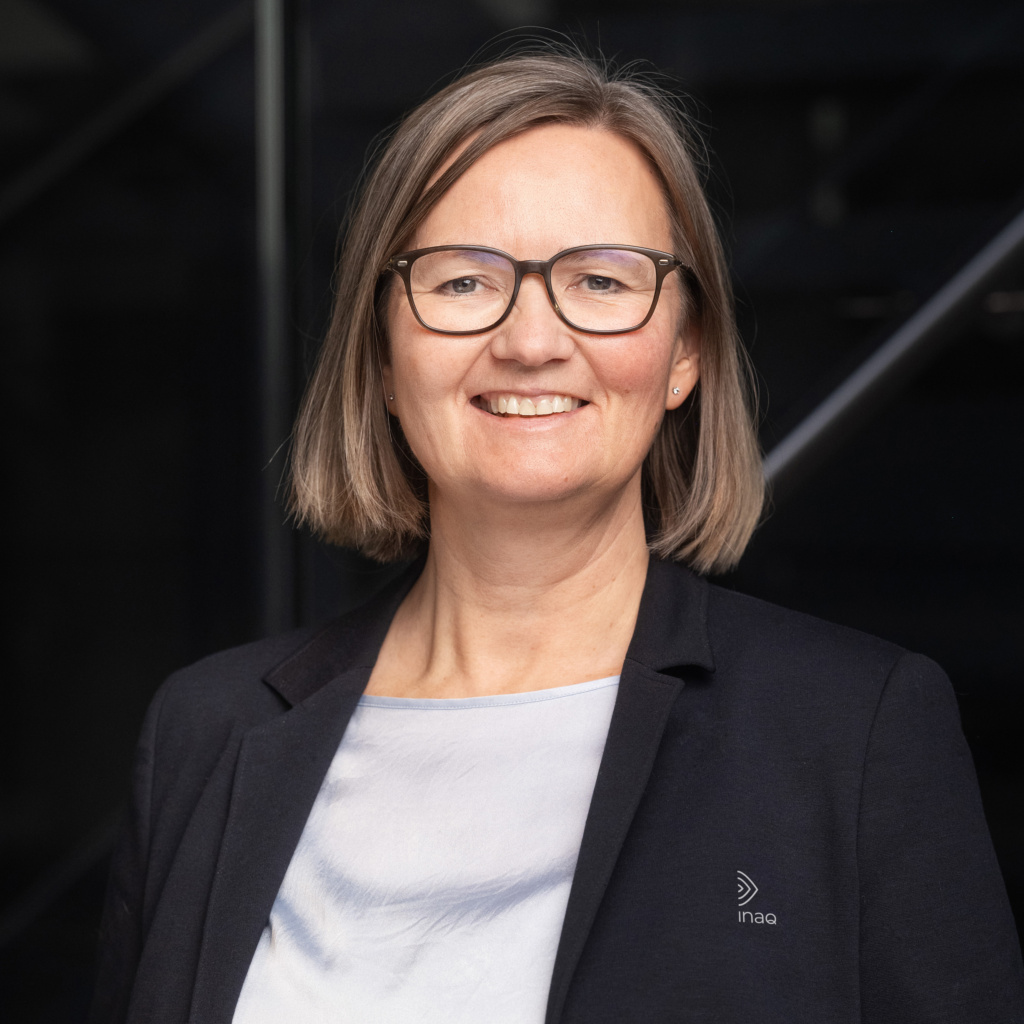This article was first published at intrafish.no February 11th 2024
The seafood industry is struggling with lost trust and is best served by utilizing the full range of smart minds, writes our new guest columnist Nina Santi. She wants more women on the boards.
From January 1, 2024, new requirements for gender composition in the boards of limited companies have been introduced. In close collaboration with NHO and LO, the government has decided that medium-sized and large companies must have at least 40% gender balance on the board. This means that many seafood companies must recruit new female members to their boards.
Norway was the first in the world when gender composition requirements for boards of public limited companies were introduced in 2003. Since the introduction, female representation in public limited companies has increased from under 10% to 43%.

Photo: Berre
For privately-owned limited companies, female representation has more or less remained stagnant. It has taken 20 years to increase the proportion of women from 15% to 20%. Unfortunately, seafood companies are no exception.
When I first became acquainted with the aquaculture industry in the early 2000s, it was rare to meet female workers at sea sites. Fortunately, this is no longer the case, and over time, there has been more diversity in various arenas in our industry. I believe most of us appreciate having both male and female colleagues and realize that broad competence is necessary to take us further into the future. However, when it comes to board composition, regulation and quotas are needed to make progress.
Board positions are not open positions that one can apply for, and recruitment often happens through relationships and networks. It is a fact that such recruitment often ends up choosing a candidate similar to oneself. There are many women with high competence and long experience in the industry who are eager to contribute – but they are not asked. It seems that it feels safer to choose the male candidate even if the qualifications favor the female candidate. The uproar around the Råfisklaget board election in 2022 is an example that the seafood industry has not taken this issue seriously enough.
In recent months, negative news reports have been lining up, and the country’s editorial offices have made it a sport to chase after aquaculture companies. We have an industry that is not developing in line with the expectations of the rest of society. The crucial value of TRUST is lower than we can afford at the moment. In such a situation, the industry is best served by utilizing the full range of smart minds.
The new legal requirements apply to companies with over 50 million in turnover or more than 30 employees, and therefore also to many companies in our industry. There will be a gradual implementation, but already by December 31, 2024, all companies with revenues over 100 million must comply with the legal requirement. By June 2025, all companies with more than 50 employees must have their board composition in order.
We have an industry that is not developing in line with the expectations of the rest of society.
The crucial value of TRUST is lower than we can afford at the moment.
Nina Santi
Therefore, it is time to start the work now! It would be appropriate to review the company’s articles of association and shareholder agreements to ensure they are in accordance with the regulations. One should also be clear about when the changes apply to one’s own company. A board that is not legally composed is not a valid board and therefore cannot make valid decisions. The authorities also have a stick behind the door if the requirements are not met. Board changes that do not follow the requirements can be refused registration in the Business Register, and companies that do not adapt to the legal requirements can ultimately be forcibly dissolved by the courts.
Let us finally hope that seafood companies use this opportunity to secure competent female candidates for their boards. It would be embarrassing to choose outdated alternatives, such as appointing a female relative without a genuine interest in the company’s operations or candidates who qualify solely through their talent for minute-taking. Alternatively, reducing the number of board members to one or two to avoid the requirement. This should not be necessary.
It would be embarrassing to choose outdated alternatives, such as appointing a female relative without a genuine interest in the company’s operations (…).
Nina Santi
Board composition should instead be used as an active tool to support the company’s strategy and development, and it can be useful to look at the board composition with fresh eyes. Economic or legal expertise is often found on a board, but there may also be a need for, for example, biological, organizational, or technical expertise.
Overall, there is a need for a diversity of perspectives, which is best achieved by having boards consisting of people with different education, experience, gender, and age. Many recruitment companies have established registers of board candidates, so there can be good help available. And there are courses of varying lengths that make new board members better equipped to take on the task.
Now is the time to make room for women in the boardrooms of the seafood industry. It is high time and very important to bring more perspectives into the work of regaining the lost trust in the industry.